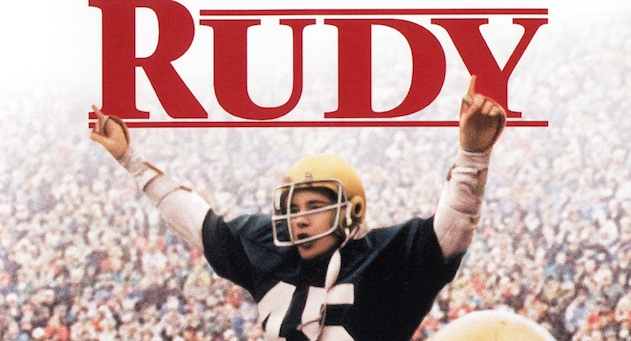 by Mr. Jonathan Parker
by Mr. Jonathan Parker
I was flipping through the new issue of The Atlantic today when I came across this nugget from Ray Kurzweil: “The means of creativity have now been democratized. For example, anyone with an inexpensive high-definition video camera and a personal computer can create a high-quality, full-length motion picture.” Yep. Just as the invention of the pencil made it possible for anyone to write a high-quality, full-length novel. And just as that saw in my garage makes it possible for me to build a high-quality, full-length chest of drawers.
In Nicholas Carr’s collection of essays entitled Utopia is Creepy, from which the above quotation is taken, Carr repeatedly returns to the refrain that while computers, the internet, and technology in general make many things possible, they do not necessarily make them happen. Just because Wikipedia is full of open-sourced information doesn’t mean the authors are burgeoning journalists. Just because YouTube comes with a suite of editing software doesn’t mean that any of the content is worth watching.
However, not everyone is agreement with Carr; some believe that uninhibited access to new technologies does make us better in some ways. A 2017 article in the Huffington Post – “How Technology Has Made Our Kids Smarter Than Ever” – lists the following examples to bolster its point:
- There is more freely available information than ever before.
- Computers and the internet can make learning more fun.
- Technology allows kids to learn because they want to, not because they have to.
 Setting aside the dubious evidence behind these claims, a careful reader has to note that none of the above arguments are actually related to intelligence in any way, and that all of them deal with the possibility of enhanced learning, not its guarantee. That an unreliable, hyperbolic article such as this would appear on a reputable website only fuels the fire Carr noted – there is a widespread belief that technology makes us better at what we do, instead of the more accurate recognition that technology is a tool that makes attaining success more equitable, not guaranteed.
Setting aside the dubious evidence behind these claims, a careful reader has to note that none of the above arguments are actually related to intelligence in any way, and that all of them deal with the possibility of enhanced learning, not its guarantee. That an unreliable, hyperbolic article such as this would appear on a reputable website only fuels the fire Carr noted – there is a widespread belief that technology makes us better at what we do, instead of the more accurate recognition that technology is a tool that makes attaining success more equitable, not guaranteed.
Interestingly, it is in athletics that students innately understand this message. While a better bat may help you hit farther, it will never make you a professional ball player. While a new club may keep your drives more accurate, it will never make you a professional golfer. This recognition is automatic, but for some reason fails to cross over into other technologies. Perhaps it is how athletics is seen in popular culture that makes the difference. Sports films and novels frequently champion the little-guy trying his best regardless of the odds; people like Rudy Ruettiger, the 1954 Hoosiers, or the 2002 Oakland A’s in Moneyball. Use of technology doesn’t make any of these players or teams into champions, but their hard work wins our hearts.

At the root of this debate lies an educational question – how do we teach our students to use technology effectively? It is our job as educators and parents to show our kids that having the newest, shiniest, or flashiest iteration of anything will not define their identities, but rather that who they are will be seen in how they wield these tools. When we show appreciation for sincere effort – whether or not it meets with success – we teach our kids that we don’t expect them to be proficient in everything they do, but do expect that they are earnest and hard workers who give each task their all. This message speaks to character rather than technological trends. At the end of the day, a full-length novel or chest of drawers is never as valuable as a fully-developed sense of self-worth.
Jonathan Parker is Grade Coordinator at Yeshivat Or Chaim.

